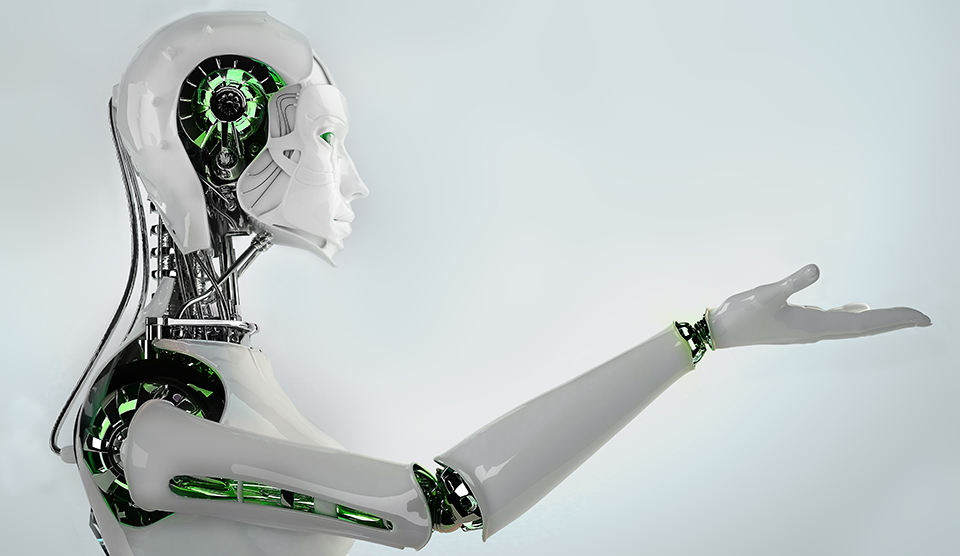Future jobseekers may need to impress robots

Belong, a Bengalaru-based recruitment start-up, is part of a new group of companies which use technology to simplify the hiring process, from sorting resumes to scheduling interviews. The company has developed a platform that goes even further than that, scouring the internet to unearth publicly available information on all possible candidates. It scans their Twitter accounts, Facebook pages, LinkedIn profiles, and more.
“Earlier, a resume was just like a balance sheet—what you declare about yourself at a given point in time,” explained the company’s co-founder Rishabh Kaul. “Now, you have a rich stream of constant data.”
After gathering copious amounts of information, the platform ranks potential hires according to their suitability for a role at a particular company.
The system scans all profiles with uniform precision to match every candidate to a company’s search requirements and previous hiring patterns. Where there is no precedent, Belong works with the employers to manually feed in ideal candidate profiles.
As companies approve and reject suggestions, the machine learning algorithm learns from the choices and further fine-tunes future results. However, Belong’s system does not eliminate candidates, it only reorders them. This means that the decision-making still lies with the human resources managers.
The technology-led process casts a wider net for talent and covers a higher volume at greater speed than humans can do. It tailors messages for a multitude of candidates and improves efficiency by saving hiring managers 15-20 hours of work each week.
Another benefit is that automation can help curb biases, says Kris Lakshmikanth, founder of HeadHunters India. Belong removes political affiliations, religious views, sexual orientation, and other extraneous factors. The company does allow for recruiters to search exclusively for women to improve diversity. However no company can search exclusively for men.
While Belong improves efficiency, it falls short with personable traits. AI can easily track categories such as college degree and technical skills but it can’t judge whether a candidate will fit into the office culture or if they are a team player.
In his article How is new technology changing job design, Michael Gibbs writes, “Humans are capable of much that is hard to automate, even with the advent of artificial intelligence.”
“Much of the research on robotics and artificial intelligence is aimed at mimicking humans, which biases toward automation. Policymakers should encourage research into how technology can instead augment human creativity and collaboration, particularly in middle- and low-skill jobs.”
Read related articles on the future of work.